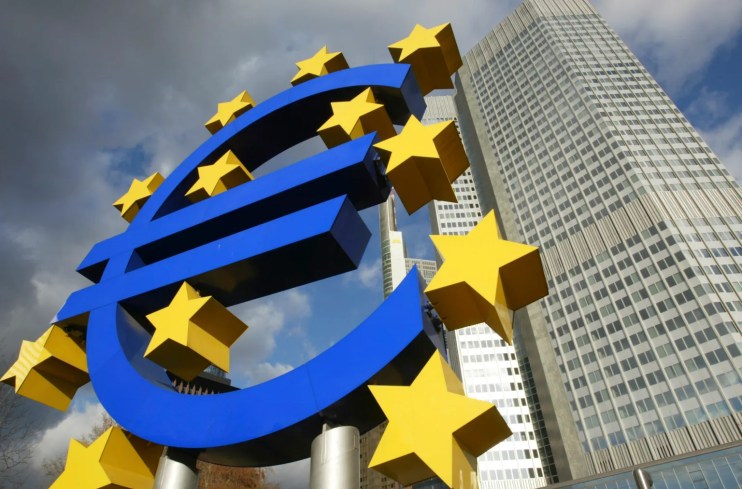ECB joins other central banks in holding interest rates, lowers growth forecasts

The European Central Bank (ECB) left interest rates unchanged at a record high of four per cent as expected on Thursday, following both the US Federal Reserve and Bank of England earlier this week, and lowered its growth forecasts.
It hiked rates to a record level earlier this year, but better-than-expected inflation data over the past few months has all but ruled out further policy tightening, shifting the debate to how fast it will reverse course.
Investors betting on a near-term rate cut will be disappointed as the ECB stood by its guidance for steady rates ahead.
“The key ECB interest rates are at levels that, maintained for a sufficiently long duration, will make a substantial contribution to (the inflation) goal,” the central bank said in a statement.
Markets have priced in two cuts by April and 155 basis points of easing across 2024, even though a host of conservative policymakers have pushed back against those expectations in recent weeks.
The US Fed and Bank of England also decided to hold rates on Wednesday and Thursday respectively in an effort to ensure inflation keeps falling from the highest levels in decades.
The ECB saw average real GDP growing 0.6 per cent in 2023, down from the 0.7 per cent previously forecasted. It expected GDP to rise 0.8 per cent in 2024, up from one per cent, with the prediction for 2025 unchanged at 1.5 per cent.
It estimated that headline inflation would averaging 5.4 per cent in 2023, 2.7 per cent in 2024, 2.1 per cent in 2025 and 1.9 per cent in 2026.
“The ECB has once again held interest rates, and like the Federal Reserve appears to be at the end of future rate hikes in this cycle, with inflation so close to the magic two per cent target,” said Richard Carter, head of fixed interest research at Quilter Cheviot.
Eurozone inflation has fallen consistently in recent months, with November’s figure coming in at 2.4 per cent in a sign that the economy is almost back on track.
“Should growth continue to be hard come by, businesses, politicians and investors will be clamouring for the ECB to begin cutting rates and stimulate the economy,” Carter added.
“However, given the cautiousness at the beginning of the rate hiking cycle, it is unlikely the ECB will want to act quickly on cutting rates, instead favouring an approach where it is sure inflation is under control and there wouldn’t be any unintended consequences from its actions.
The ECB also signalled an end to its last bond-buying scheme, the 1.7tn euro Pandemic Emergency Purchase Programme, planning to start tapering reinvestments from the middle of next year.
All cash from maturing debt in the scheme was previously set to be reinvested through the end of 2024.
The ECB’s hesitation was likely because of a reluctance to give up its primary instrument for stabilising markets should investors pile undue pressure on some countries, particularly indebted nations around the Mediterranean.
Additional reporting by Reuters – Balazs Koranyi